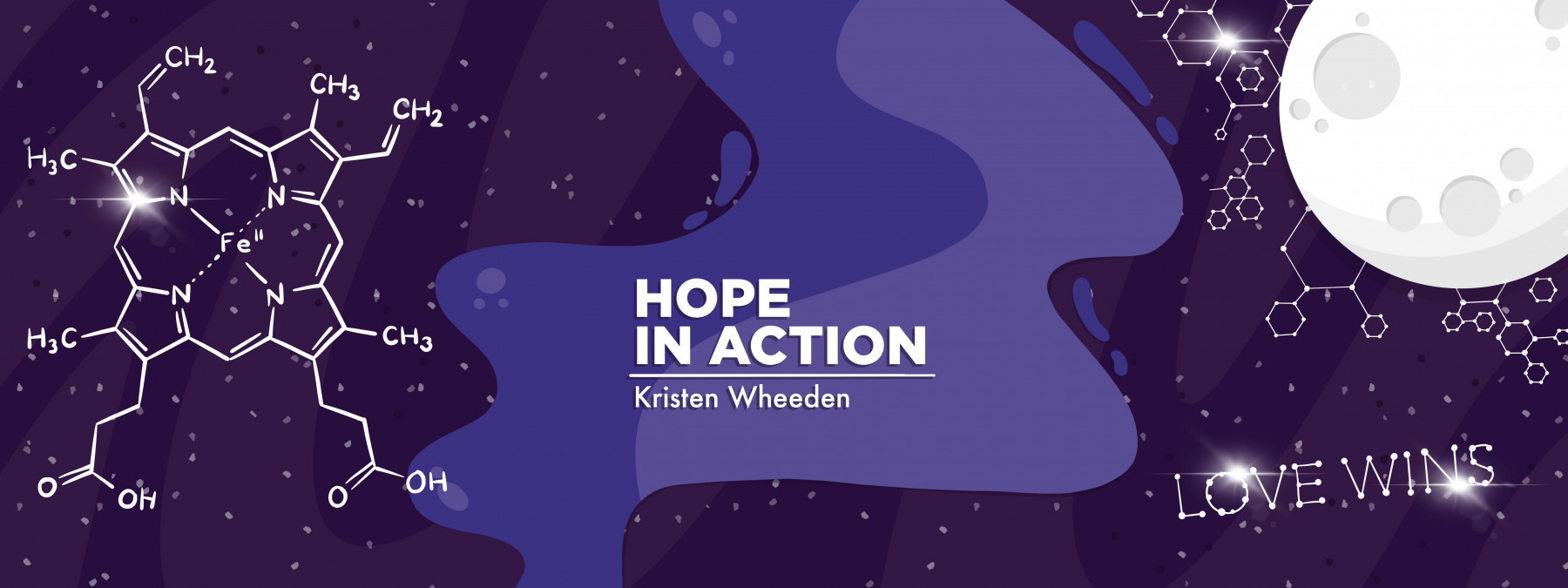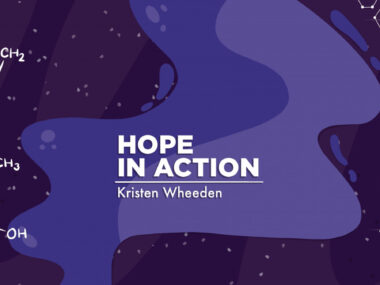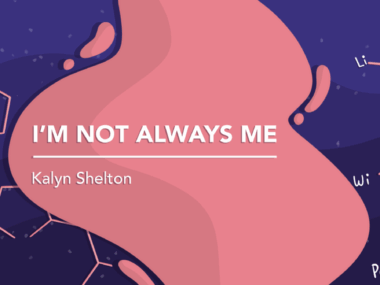Hope in action: Find the silver lining in life with porphyria
In the season of gratitude, I look for community, compassion, and other positives
Written by |

As Thanksgiving approaches, I find myself reflecting on the concept of gratitude — not the surface-level kind we often recite out of habit, but the kind born out of adversity. Living with porphyria, or loving someone who does, can feel like navigating a storm. Yet it’s in the storm that we often find our greatest strength — and our deepest gratitude.
Porphyria is, by its nature, an unwelcome companion. It disrupts routines, alters life plans, and challenges us in ways many people can’t fathom. It’s a teacher we didn’t ask for and a test we’d never voluntarily take. But for all its hardships, porphyria has a way of revealing life’s silver linings. And those silver linings — those small but profound moments of clarity and connection — become the foundation of resilience and hope.
One of the most striking silver linings in the porphyria community is the sense of belonging we build together. Few people outside this world can truly understand what it’s like to battle the pain, isolation, and frustration that come with a rare disease. But within this community, we find people who get it. We share stories, lift each other up, and form bonds that transcend geography, age, or background.
In some ways, porphyria unites us in a way nothing else could. I’m constantly amazed by the strength, empathy, and ingenuity of those I meet within this community. We turn pain into purpose and isolation into advocacy.
Gratitude doesn’t erase hardship, but it reframes it. I think of the parents who’ve told me how porphyria has taught their children compassion beyond their years, or the patients who say their struggles have made them more present and appreciative of the good days.
These are not small things. They are reflections of a character forged in difficulty. As I often say, hope is ineffective without action — but gratitude is ineffective without recognition. Recognizing the good amid the challenges gives us the fuel to keep going.
Recognizing what makes me grateful
My own family’s journey with porphyria has been riddled with moments of pain, frustration, and exhaustion. My son, who was diagnosed with erythropoietic protoporphyria, faces significant challenges, but he’s shown remarkable courage and adaptability. Watching him find his own silver linings — whether it’s the friends he’s made or the perspective he’s gained on what really matters — reminds me to do the same.
As Thanksgiving draws near, I encourage all of us to take a moment to reflect on our own silver linings. What have you learned from porphyria that you might not have discovered otherwise? What connections, insights, or unexpected joys have come your way? Gratitude doesn’t mean ignoring the pain or pretending the struggle isn’t real. It means honoring the resilience, growth, and character that come from facing it.
This year, I’m thankful for the extraordinary people who inspire me daily to advocate on behalf of this amazing patient community. I’m grateful for the researchers and advocates working tirelessly to make life better for those with porphyria. And I’m thankful for the lessons porphyria has taught me about courage, connection, and the power of hope in action.
Silver linings may not make the storm any less fierce, but they remind us that the storm is not the end of the story. Together, as a community, we carry the strength to weather it — and the gratitude to find the beauty within it.
What are your silver linings this year? Let’s share them, celebrate them, and carry them forward as we continue to turn hope into action.
Note: Porphyria News is strictly a news and information website about the disease. It does not provide medical advice, diagnosis, or treatment. This content is not intended to be a substitute for professional medical advice, diagnosis, or treatment. Always seek the advice of your physician or other qualified health provider with any questions you may have regarding a medical condition. Never disregard professional medical advice or delay in seeking it because of something you have read on this website. The opinions expressed in this column are not those of Porphyria News or its parent company, Bionews, and are intended to spark discussion about issues pertaining to porphyria.






Leave a comment
Fill in the required fields to post. Your email address will not be published.